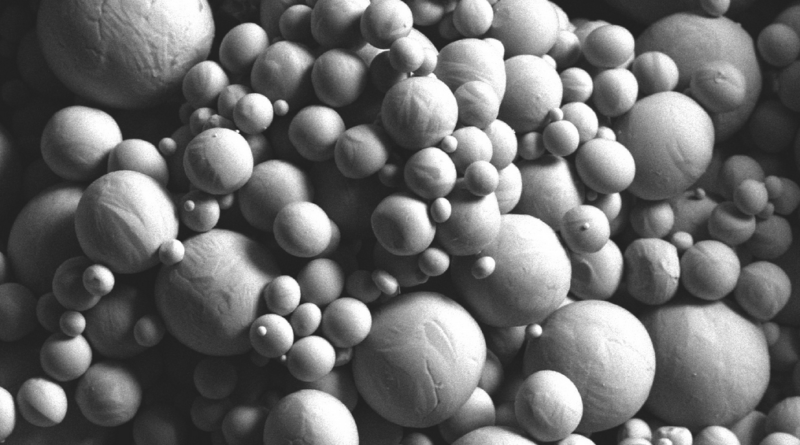Australia’s Amaero to build titanium powder plant
Additive manufacturing specialists, Amaero, has announced plans to construct a titanium alloy gas atomisation powder manufacturing facility in Victoria, Australia. Construction and commissioning will be carried out over an 18-month period and will cost AUS$8M (US$5.9M) to develop.
The project will convert titanium alloy bar into powder, suitable for 3D printing components to reportedly serve the aerospace industry. Letters of support have been received from two major defence companies, indicating strong potential demand for titanium powder in commercial and military aerospace applications.
The company announced it will fund the construction of the titanium powder plant and is seeking government support for a titanium ingot plant. Production rates and plant capacities are unknown at the time of writing.
According to Roskill there is a high degree of vertical integration in the titanium metal industry and countries that produce titanium sponge, tend to produce melted and milled products, in order to take advantage of value-added downstream applications.
Challenges surrounding high manufacturing costs, energy consumption and scrap generation exist at all stages of the traditional value chain, which has incentivised research and development in additive manufacturing (AM) techniques to use titanium powder to 3D print components.
Issues surrounding scalability and material properties have somewhat restricted AM’s application in high value aerospace components, due to stringent safety requirements and low powder yields from certain processing techniques.
Currently, titanium is placed on the USA, European, Australian, Japanese and Canadian government critical raw material lists, therefore establishing secure supply chains for titanium metal products will be of interest for countries around the world.
Former Australian defence minister, Christopher Pyne and a former Secretary of Defence for the USA, are members of the Amaero advisory board, which would suggest Amaero and Australia will be looking to develop an already successful mineral sand supply chain, into a strategic titanium powder supply chain with North America.
In summary, the production of near-net-shape titanium products offers an exciting growth opportunity for the titanium metal industry. Titanium’s use in military and aerospace applications make it a key material of interest and governments will be keen to secure stable supply chains going forward.
Emerging technologies such as Amaero’s could provide alternative production routes, however challenges surrounding scalability, material properties and post-processing machining requirements remain.
This means titanium powder products could be better suited for replacing cast components instead of critical structure components, until consumer confidence increases, and material properties can match or exceed those of wrought products.




